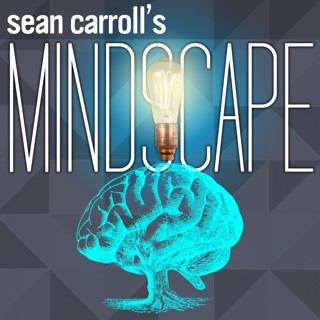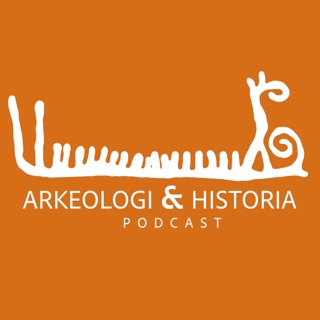
297 | Emily Wilson on Homer, Poetry, and Translation
Not too long ago, Brad Pitt and Eric Bana starred in a (loose) adaptation of Homer's epic poem The Iliad; next month, Ralph Fiennes and Juliette Binoche will headline a film based on The Odyssey. Give...
25 Nov 20241h 15min

296 | Brandon Ogbunu on Fitness Seascapes and the Course of Evolution
Biological evolution via natural selection is a simple idea that becomes enormously complicated in its realization. Populations of organisms are driven toward increased "fitness," a measure of how suc...
18 Nov 20241h 15min

295 | Solo: Emergence and Layers of Reality
Emergence is a centrally important concept in science and philosophy. Indeed, the existence of higher-level emergent properties helps render the world intelligible to us -- we can sensibly understand ...
11 Nov 20241h 35min

AMA | November 2024
Welcome to the November 2024 Ask Me Anything episode of Mindscape! These monthly excursions are funded by Patreon supporters (who are also the ones asking the questions). We take questions asked by Pa...
4 Nov 20243h 50min

294 | Addy Pross on Dynamics, Stability, and Life
Erwin Schrödinger said that the important characteristic of life is that it "goes on doing something... for a much longer period than we would expect an inanimate piece of matter to keep going under s...
28 Okt 20241h 11min

293 | Doyne Farmer on Chaos, Crashes, and Economic Complexity
A large economy is one of the best examples we have of complex dynamics. There are multiple components arranged in complicated overlapping hierarchies, out-of-equilibrium dynamics, nonlinear coupling ...
21 Okt 20241h 11min

292 | Jonathan Birch on Animal Sentience
It's not immoral to kick a rock; it is immoral to kick a baby. At what point do we start saying that it is wrong to cause pain to something? This question has less to do with "consciousness" and more ...
14 Okt 20241h 10min

AMA | October 2024
Welcome to the October 2024 Ask Me Anything episode of Mindscape! These monthly excursions are funded by Patreon supporters (who are also the ones asking the questions). We take questions asked by Pat...
7 Okt 20244h 29min





















